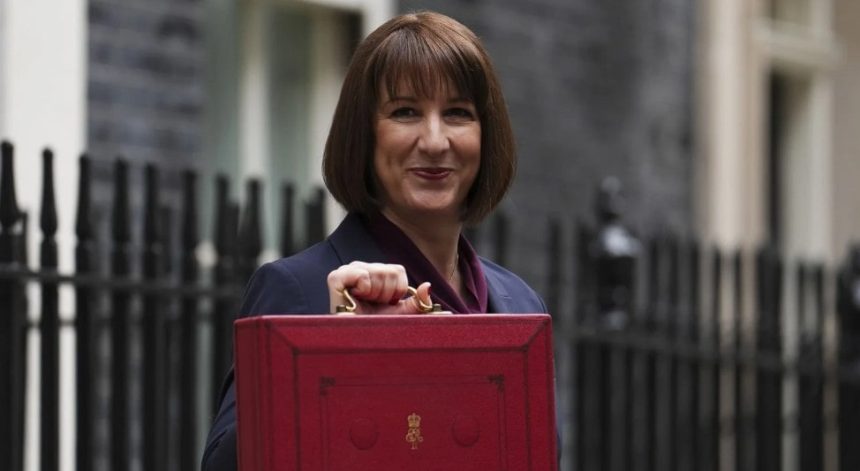UK inflation remained locked at 3.8% in August, defying hopes for a dip, as rising fuel costs wiped out the relief offered by cheaper air travel.
Data released by the Office for National Statistics (ONS) confirmed that the Consumer Price Index (CPI) held steady for the second month running.
While this figure aligns with forecasts from City economists, it remains almost double the Bank of England’s official 2% target, fueling speculation that interest rates will remain at elevated levels.
Inflation Is Stubborn – And Households Feel It
Despite inflation no longer climbing, the unchanging rate continues to hit households hard. The cost-of-living squeeze is far from over.
The ONS noted that a balancing act of price shifts meant overall inflation didn’t move last month. Falling air fares were the biggest drag on prices, but this was offset by an increase in petrol and diesel costs.
Hotel accommodation prices also dipped, but less than they did this time last year. “With borrowing costs hitting a 27-year high, working people and businesses are bracing for even more tax rises to pay for Labour’s mismanagement,” said Mel Stride, the shadow chancellor.
Food Prices Bite Again
- Food inflation climbed once more – from 4.9% in July to 5.1% in August.
- Key contributors: rising prices in vegetables, cheese, and fish.
- Sweets and chocolates saw a sharp 10.5% price jump.
- Staples like beef, butter and coffee also spiked.
This continued surge in food prices means families are still digging deeper at the tills.
“I know families are finding it tough and that for many, the economy feels stuck. That’s why I’m determined to bring costs down and support people who are facing higher bills,” said Chancellor Rachel Reeves.
Her reassurances, however, come amid growing criticism. With Labour’s first budget due on 26 November, concerns are rising over the possible £25bn hike in employer national insurance contributions. Business groups warn that the move could force layoffs and higher consumer prices.
While some prices ease, others continue to climb, leaving inflation stagnant and families caught in the middle. The fuel you fill up with might be burning more than just your tank.
Interest Rates Likely to Stay Put For Now
The Bank of England is expected to hold interest rates at 4% during its policy meeting on Thursday. While this would mark a pause in recent tightening, there are signs the Bank isn’t ready to shift to cuts just yet.
Threadneedle Street has already trimmed borrowing costs five times since summer 2024, but inflation’s persistence could stall any further loosening.
What’s cooling down:
- Core inflation (excluding food, energy, alcohol, and tobacco) fell from 3.8% to 3.6%
- Consumer services inflation, a key Bank metric, dipped to 4.7%, down from 5% in July
Still, the bigger picture shows inflation running hotter in the UK than in much of the world:
| Region | Inflation (August 2025) |
|---|---|
| UK | 3.8% |
| USA | 2.9% |
| Eurozone | 2.1% |
Labour Market and Growth Under Strain
Recent ONS figures suggest the UK jobs market softened in July. Growth also remains sluggish, adding pressure on the Bank to weigh up the risks of high rates against a slow economy.
Further data on retail sales and public finances is expected this Friday. But so far, signs of a sustained economic rebound remain weak.
“The monetary policy committee [MPC] looks set to keep interest rates unchanged tomorrow and, going forward, the MPC faces a delicate balance between signs of a cooling labour market and the risk of price pressures remaining stubbornly high,” said Martin Sartorius, principal economist at the CBI.
While inflation hasn’t risen, the freeze offers little comfort. Households are still feeling the pinch. With rising food bills, fuel costs, and political pressure all mounting, the economic outlook remains uncertain.
The Bank of England has its work cut out – balancing the need to tame inflation against the risk of stalling growth. As the budget nears and families brace for winter, the message is clear: this economic battle is far from over.






